Tangail, July 1 (V7N) – Residents of Bilchaya village in Kalihati Upazila, Tangail, are grappling with a long-standing and severe drinking water crisis caused by excessive iron contamination. Over 500 families face serious health risks due to the consumption of iron-rich water, which has remained unaddressed by local authorities for decades.
The villagers rely heavily on shallow tube wells that draw water laden with high iron content, visibly indicated by reddish stains in their water. This contaminated water, essentially "poison" in disguise, has caused numerous health issues among residents, including chronic skin diseases and other complications.
Locals report that for nearly 30 years, they have been forced to drink this iron-polluted water, with no effective interventions from the Upazila administration or the Department of Public Health Engineering. The prolonged intake of iron-contaminated water has led to fears of serious illnesses, including cancer, and has had a detrimental effect on the community's well-being.
Bilchaya village, part of Salla Union, is home to over 500 families, most of whom live below the poverty line. Many cannot afford proper water filtration systems and resort to makeshift filters made from pots, bricks, stones, and sand, which are often ineffective and deteriorate quickly, forcing them to continue consuming unsafe water.
Women from the village express daily hardships caused by the water’s iron content — clothes turn reddish when washed, utensils stain, and even the water’s appearance resembles cattle urine, making it unappealing to drink. The persistent problem has robbed the community of peace and health for decades.
Residents also worry about the possible presence of arsenic in the water but note that no tests have been conducted to confirm this. They urge the government and public health authorities to carry out arsenic testing and provide safe, iron-free drinking water.
Rustam Ali, a local resident, highlighted that only a few well-off families have access to iron-free tube wells, while the majority remain dependent on contaminated sources. He called for urgent government intervention to install deep tube wells that can supply pure, safe water to the entire village.
Kalihati Upazila Nirbahi Officer (UNO) Md. Khairul Islam said that he was previously unaware of the problem but assured that he would inspect the village promptly and take necessary steps to supply safe drinking water.
Executive Engineer of the Department of Public Health Engineering in Tangail, Md. Monowarul Islam Khan, who recently joined the district, acknowledged the iron contamination issue in Bilchaya. He assured that he would visit the village and initiate appropriate measures. He also noted that iron levels in Tangail’s water are generally higher than in neighboring districts but expressed optimism that arsenic contamination is unlikely in Bilchaya.
The people of Bilchaya eagerly await urgent government action to end their prolonged suffering and ensure access to safe and clean drinking water, a fundamental human necessity.
END/BKC/SMA/



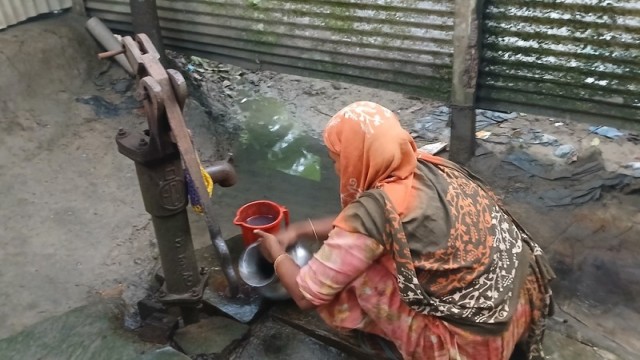


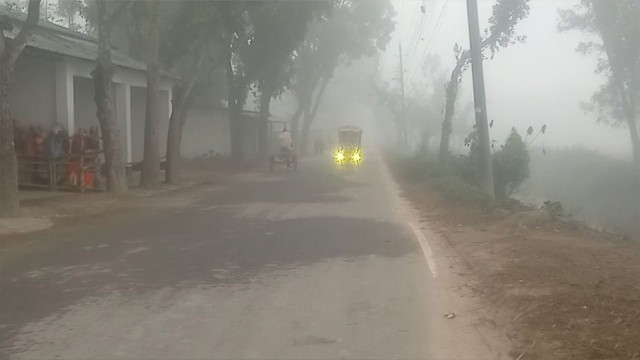

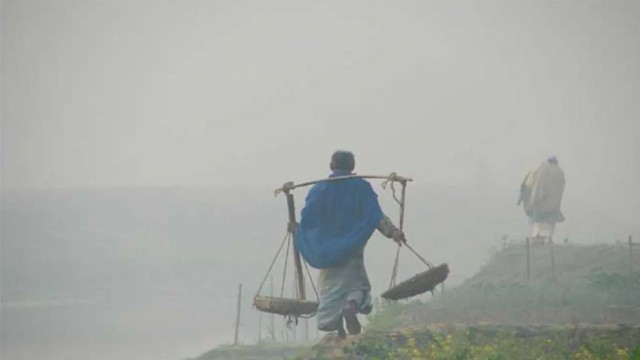
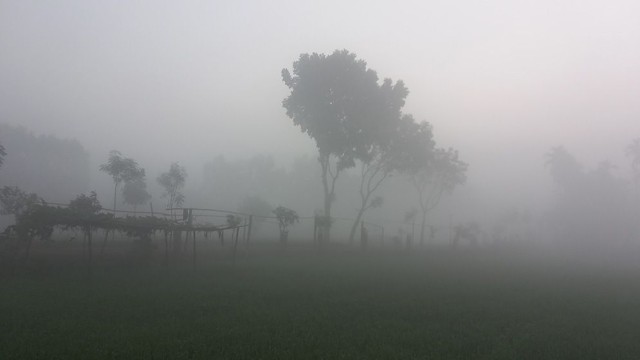







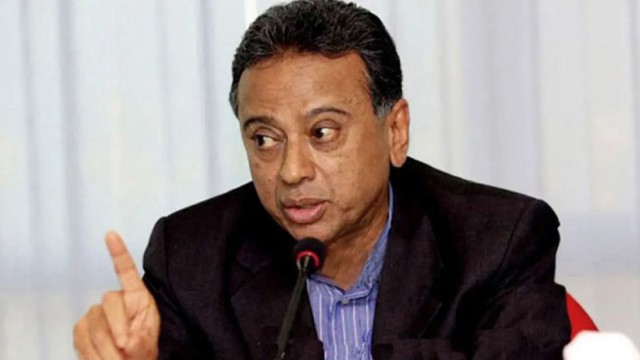

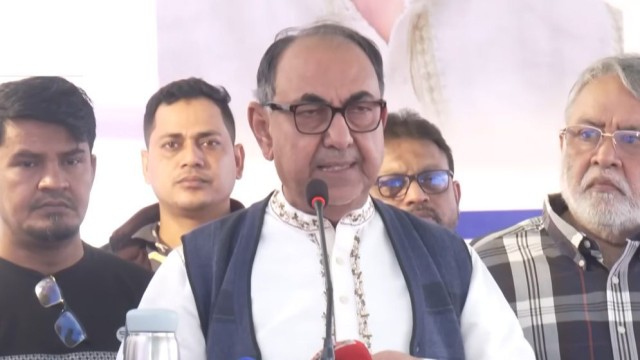








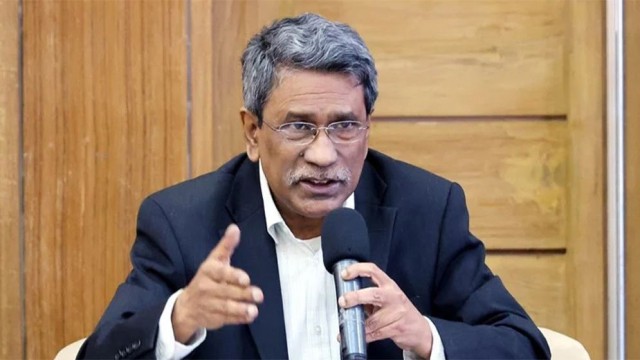
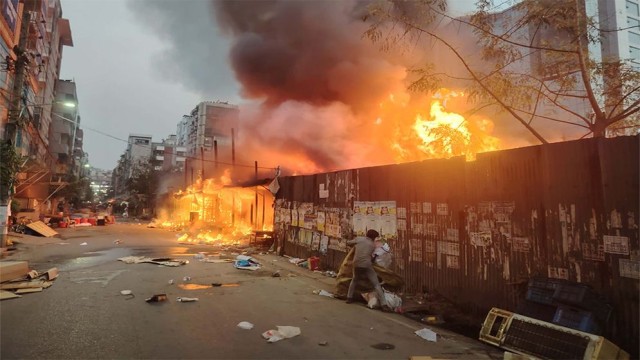

Comment: